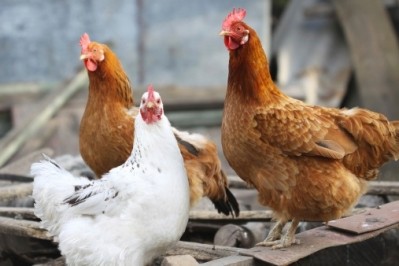Brussels expresses concern over EU beef exports to Thailand

Live cattle, beef, veal and other bovine products from Austria, Belgium, Britain, the Czech Republic, Denmark, Finland, France, Germany, Greece, Ireland, Italy, Luxembourg, the Netherlands, Poland, Portugal, Slovakia, Slovenia and Spain have been prevented from entering Thailand since 2001 over concerns about BSE.
This ban has now been lifted, but Brussels noted in a memorandum: “Thai legislation continues to require a bilateral agreement of accreditation of establishments (including an on-site assessment) for imports of animals and animal products. This process remains unchanged and is considered overly burdensome, costly, unnecessarily lengthy, non-transparent and not in line with international standards.”
It called for reform on this, noting it would stifle the relaunch of bovine exports to Thailand, whose government “now needs to bring its accreditation process for foreign meat establishments in line with its international obligations, so that real trade could take place”, argued the Commission.
That said, it added that it “strongly welcomes” the end of the ban, which it claimed was imposed “without any scientific justification”, and allowed EU competitors to have a clearer run at Thai meat and livestock markets.
The New Zealand government said last year its exporters had grown meat sales to Thailand by 65% over the last five years, with a burgeoning fresh beef market being a key reason for this: New Zealand sold US$8.5m-worth of frozen bovine meat products to Thailand in 2012, for instance, according to global trade data.
Meanwhile, the Commission and the EU delegation in Bangkok would continue to work with Thai authorities to resolve the inspection dispute “in a practical way and on a permanent basis,” added Brussels.

























